Medical expert of the article
New publications
Preparations
Vomiting pills
Last reviewed: 03.07.2025

All iLive content is medically reviewed or fact checked to ensure as much factual accuracy as possible.
We have strict sourcing guidelines and only link to reputable media sites, academic research institutions and, whenever possible, medically peer reviewed studies. Note that the numbers in parentheses ([1], [2], etc.) are clickable links to these studies.
If you feel that any of our content is inaccurate, out-of-date, or otherwise questionable, please select it and press Ctrl + Enter.
Vomiting is a protective reaction of the body. In this way, the stomach is freed from all the toxic substances that have accumulated in it. It is not considered a separate disease, but rather a symptom that indicates that there are some problems in the body. If vomiting in your case is just a temporary phenomenon, special pills will help to cope with it.
Indications for use
Anti-vomiting pills are usually taken if vomiting occurs after overeating, too much emotional stress or a stressful situation, taking certain medications (such as cytostatics) for seasickness or airsickness, after radiation therapy or surgery. Before taking any anti-emetic, you should pay attention to the fact that all drugs in this group have different mechanisms of action. That is, if you need to get rid of vomiting after overeating, you should take one pill, and for airsickness - another.
That is why, before taking pills for vomiting, you need to determine the cause of its occurrence. If you cannot stop the unpleasant symptom, you should immediately call an ambulance.
Pharmacodynamics and pharmacokinetics
Let's consider the pharmacodynamics of anti-vomiting tablets using the popular drug "Cerucal" as an example.
As an effective antiemetic drug, Cerucal helps block serotonin and dopamine receptors. The main substance metoclopramide has a peripheral and central effect. Due to the blockade of dopamine receptors in brain cells, the irritation threshold of the center responsible for the gag reflex increases.
Due to its mechanism of action, "Cerucal" helps to quickly cope not only with vomiting and nausea, but also with hiccups. The action consists in reducing the motor activity of the esophagus, increasing the tone of the lower sphincter, rapid evacuation of the stomach, accelerating the movement of food through the small intestine without signs of diarrhea and normalizing the bile-excreting function of the liver.
Let's consider the pharmacokinetics of anti-vomiting tablets using the popular drug "Cerucal" as an example.
The tablets are absorbed quite quickly immediately after they are taken orally. Their bioavailability is up to 80%. Metabolism occurs in the liver. Half-life is 3-5 hours. In chronic kidney diseases, this process can take up to 14 hours. The drug is excreted through the kidneys in 1 day unchanged.
Names of pills for vomiting
Metherazine. The drug is quite potent. It is often used to relieve vomiting and nausea that occurs as a result of motion sickness. The active ingredient is prochlorperazine.
It is used after meals three to four times a day, one tablet at a time. If after the first use all symptoms have disappeared, there is no need to use the drug again.
The main side effects of Meterazine are: drowsiness, dysmenorrhea, dry mouth, loss of appetite, allergies, swelling, agitation. These anti-vomiting tablets are contraindicated in: heart and vascular diseases, brain injuries, pregnancy and breastfeeding, breast cancer, glaucoma (especially closed-angle), epilepsy, old age, intolerance to the components.
Aeron. Tablets that are used to prevent motion sickness and relieve such a symptom as vomiting. The active ingredients are: hyoscyamine and scopolamine.
The drug should be taken thirty minutes before a flight or other type of transport. Take two tablets on an empty stomach. One hour later, take another tablet. Sometimes Aeron is prescribed to reduce vomiting when the patient has a headache. It is not recommended to exceed the maximum dosage allowed per day (four tablets).
This anti-emetic is not prescribed to patients with closed-angle glaucoma, chronic prostate diseases or intolerance to their components. Sometimes unpleasant side effects occur: thirst, dilated pupils, urinary retention, dizziness, paresis of accommodation.
Diprazine. This is a popular sedative and antihistamine. Due to its calming effect on the central nervous system, it helps stop vomiting.
The product is taken two or three times a day (one tablet at a time) after meals. Very rarely, side effects occur after use: dry mouth, skin irritation, decreased blood pressure, drowsiness.
The drug is completely contraindicated to be taken together with alcohol. Also, the tablets cannot be used by drivers of vehicles. During pregnancy, it can be taken after a doctor's prescription.
Cerucal
A popular antiemetic drug that helps block dopamine receptors. The active ingredient in these tablets is considered to be metoclopramide hydrochloride monohydrate.
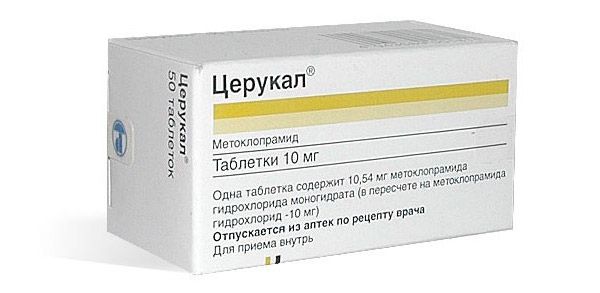
Take half an hour before meals. The drug should be washed down with a sufficient amount of water. Adults are recommended to take one tablet 3-4 times a day. Children can usually take half a tablet two or three times a day.
Cerucal is contraindicated in early pregnancy, for women who are breastfeeding, and in case of intolerance to its components. Common side effects from using the drug are: dizziness, migraine and headaches, severe fatigue, worsening emotional state, drowsiness, tinnitus, agranulocytosis, diarrhea, constipation.
Metoclopramide
An inexpensive and effective remedy for relieving severe vomiting, nausea and hiccups. Helps stimulate gastric peristalsis. Blocks dopamine receptors. The active ingredient is: is metoclopramide hydrochloride monohydrate.
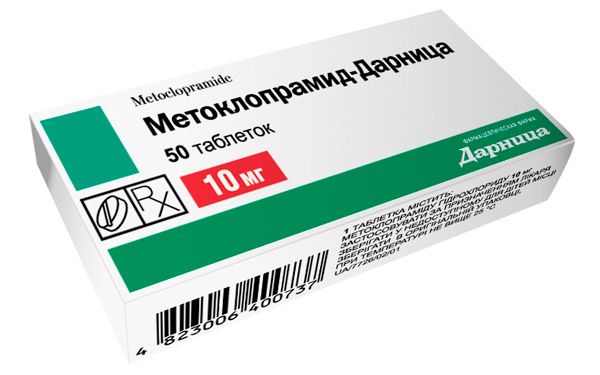
The average dosage of these anti-vomiting tablets is 1 tablet three to four times a day. If vomiting is very severe, the dose can be increased to 2 tablets.
Metoclopramide should not be used by pregnant women or during breastfeeding. Contraindications also include: gastrointestinal bleeding, intestinal obstruction, epilepsy, intolerance to the components of the drug. Side effects from use are as follows: diarrhea or constipation at the very beginning of therapy, drowsiness, severe fatigue, headache and migraine, akathasia, agranulocytosis, allergy.
Tablets for vomiting and nausea
Activated carbon. An excellent absorbent that helps cope with nausea and vomiting caused by overeating or taking medications.
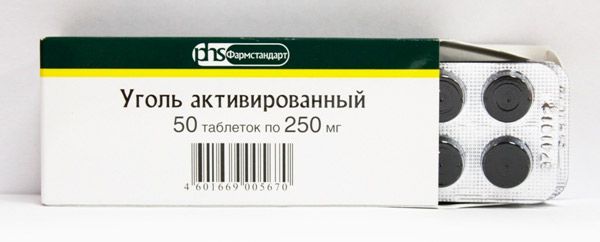
The dosage depends on the patient's weight. Usually, up to 750 mg of activated carbon is taken 3-4 times a day. The main side effects include: diarrhea, constipation, hypovitaminosis (with prolonged use). Activated carbon should not be used for bleeding in the stomach, as well as for patients with ulcers.
Cocculin. This is a homeopathic preparation. The active ingredients are: cocculus indicus, tabacum, nux vomica, petroleum. The tablets should be dissolved in the mouth. Helps to cope with nausea and vomiting during motion sickness.
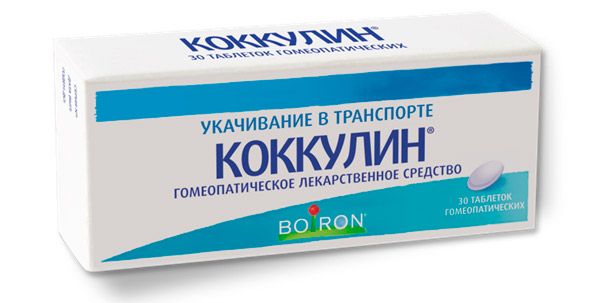
Take two tablets three times a day 24 hours before the intended trip and on the same day. For the treatment of vomiting that was not caused by motion sickness, dissolve two tablets until the normal condition is completely restored (every hour).
Side effects: allergic reactions. Do not take if you are intolerant to any of the components of the drug or have lactase deficiency.
Tablets for vomiting and diarrhea
Polyphepan. This drug is of plant origin. It is a derivative of hydrolytic lignin. It has a detoxifying, enterosorbent, hypolipidemic, antidiarrheal effect.
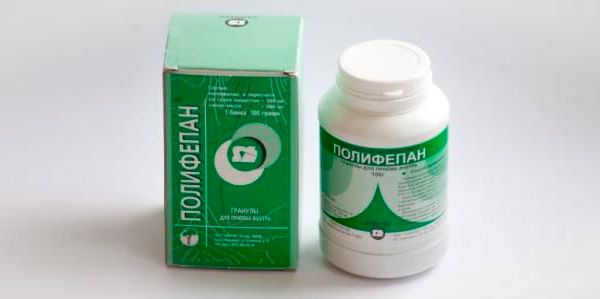
The tablets are taken one or one and a half hours before meals. The maximum daily dose for adults is up to 16 tablets (for children - 10 tablets). Therapy lasts no more than 7 days in acute diseases.
The main side effects are allergies and constipation. The drug should be taken with caution by patients with diabetes. It is contraindicated in case of intolerance to the main components.
Motilium. An excellent antiemetic that also helps with nausea and diarrhea. The main active ingredient is domperidone.

The average dosage is considered to be: 1-2 tablets 3-4 times a day. Contraindications for taking the drug are the following diseases: bleeding in the stomach, benign and malignant tumors of the pituitary gland, acute and chronic renal and hepatic failure, intolerance to the components, too low body weight (up to 35 kg), pregnancy, lactation.
Side effects include: intestinal spasms, agitation, convulsions, anaphylactic reactions, allergies, drowsiness.
Tablets for severe vomiting
Betahistine. The active ingredient of the drug is betahistine dihydrochloride. This drug usually helps to cope with severe vomiting caused by motion sickness. To get an effective result, you need to take half a tablet 3 times a day for several days before the expected trip.
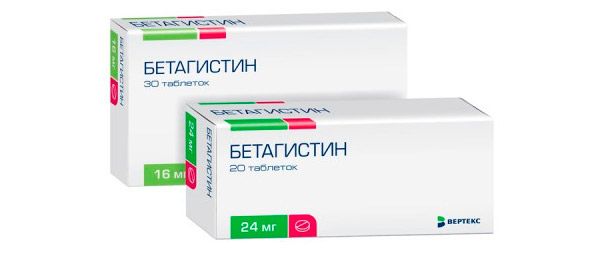
The drug is contraindicated in: pregnancy, breastfeeding, under 18 years of age. Side effects from taking the drug may be: upset stool, allergic reactions.
Buscopan. The active ingredient of these tablets against vomiting is hyoscine butylbromide. This drug is used to treat severe vomiting, nausea in diseases of the gastrointestinal tract.
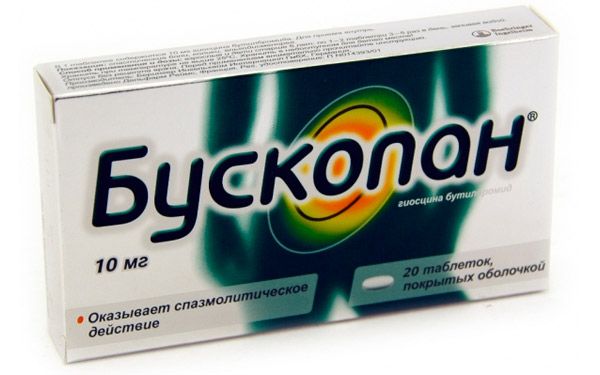
The drug should be taken three times a day, 1 tablet at a time. The main side effects of the drug are: urinary retention, allergies, tachycardia, difficulty breathing. Buscopan is contraindicated for children under 6 years of age, during pregnancy and breastfeeding, patients with myasthenia and megacolon.
Anti-vomiting tablets for children
Anesthesin. The active ingredient of the drug is benzocaine. The main feature of this drug is the fact that it can be taken even by small children to eliminate vomiting and nausea. The dosage is individual. It depends on the severity of the disease that caused the unpleasant symptom, as well as on the indications.

The main side effects of using this drug are allergic reactions. The drug should not be taken if you are intolerant to its components.
Method of administration and dosage of anti-vomiting tablets
The dosage of anti-vomiting pills always depends on the chosen drug, individual characteristics of the body and the severity of the patient's condition. Some drugs can be used without a doctor's recommendation. For more information on dosage, it is necessary to carefully study the instructions for the drug.
Using Anti-Vomiting Pills During Pregnancy
During pregnancy, especially in the first weeks, nausea and vomiting are constant companions of a woman. Of course, they need to be treated. Today, pharmacies offer many different products that help cope with such an unpleasant condition even during pregnancy.
For example, Hofitol is a fairly popular pill for vomiting and nausea. It contains artichoke leaves and cynarin. But it also has contraindications: gallstone disease, kidney and liver diseases, intolerance to components. Holifol is taken 2-3 tablets three times a day.
Anesthesin is considered to be no less popular. This drug can be used not only during pregnancy, but also to treat vomiting in children.
Contraindications for use and side effects
The main contraindications for the use of anti-vomiting tablets are the following:
- Intolerance to their main components.
- Pregnancy and breastfeeding.
- Childhood (rare).
- Chronic liver and kidney diseases.
- Gastrointestinal bleeding.
- Peptic ulcer of the stomach and duodenum and ulcerative colitis.
Of course, like other medications, anti-vomiting pills have their side effects. The most common are:
- Allergy (rash, hives, itching).
- Irritation, drowsiness, insomnia.
- Dryness and unpleasant taste in the mouth.
- Agranulocytosis.
- Diarrhea or constipation.
If you notice any side effects, you should immediately consult a doctor.
Overdose
Sometimes, when overdosing on anti-vomiting pills, side effects may increase. Often, patients experience severe drowsiness, confusion, anxiety, irritation, and convulsions. If the poisoning was mild, all overdose symptoms will disappear within 24 hours. If this does not happen, you should consult a doctor and establish constant monitoring of the patient's vital organs.
Storage conditions and shelf life
It is recommended to store the anti-vomiting tablets in a dry place protected from direct sunlight. The air temperature should not exceed +30 degrees. It is very important to keep out of reach of children. Additional information on storage conditions can be found in the instructions for the drug.
As a rule, the shelf life of such tablets does not exceed five years. Please note that taking pills for vomiting after this period is not recommended, as this may lead to complications.
Attention!
To simplify the perception of information, this instruction for use of the drug "Vomiting pills" translated and presented in a special form on the basis of the official instructions for medical use of the drug. Before use read the annotation that came directly to medicines.
Description provided for informational purposes and is not a guide to self-healing. The need for this drug, the purpose of the treatment regimen, methods and dose of the drug is determined solely by the attending physician. Self-medication is dangerous for your health.


 [
[